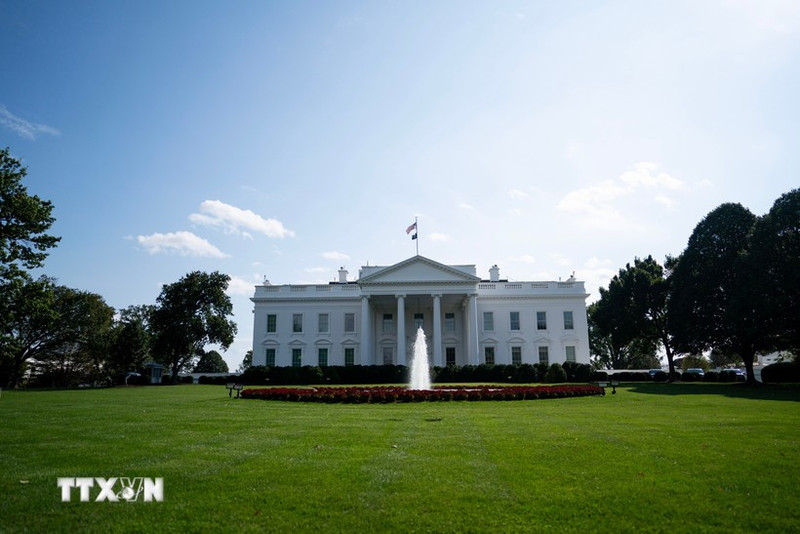The US National Nuclear Security Administration (NNSA), the agency responsible for overseeing the country’s nuclear weapons stockpile, has placed most of its employees on unpaid leave as the government shutdown shows no sign of finding “light at the end of the tunnel.”
As a result of the US government shutdown, around 1,400 federal employees at the NNSA have been placed on temporary leave, leaving only about 400 essential staff members to continue working. The NNSA is tasked with designing, producing, maintaining, and ensuring the safety of the nation’s nuclear arsenal, which comprises 5,177 warheads.
The NNSA is just a small example of what has happened to hundreds of thousands of US federal employees placed on temporary leave. The government shutdown has only added “fuel to the fire” as the US Senate held its 11th vote on October 21, yet again failing to secure the required 60 votes to pass the temporary budget bill. This marks the 11th consecutive unsuccessful attempt to approve the supplemental budget, making the current shutdown the third-longest in US history, following those in 1995 and 2018–2019.
Since the government shutdown began, the Republican Party has failed to gain any new support from senators for the temporary budget bill, which would fund government operations until November 21 — barely a month away. Amid mounting challenges, President Donald Trump has continued to pressure the Democratic Party to vote in favour of the bill to reopen the government. White House National Economic Council Director Kevin Hassett expressed hope that the situation would be resolved within the week, urging the administration to take stronger measures should the deadlock persist.
In a conciliatory move, the Republican-controlled Senate proposed extending healthcare subsidies for 24 million Americans — the Democrats’ main demand — in exchange for the passage of the temporary budget bill. The Democratic Party has been pushing for tax reductions for 24 million Americans purchasing insurance under the Affordable Care Act (ACA), also known as Obamacare, and is using this issue as a bargaining chip in negotiations with the Republicans over the temporary budget measure.
The Democrats want the tax reductions to be made permanent, instead of expiring at the end of 2025 as planned. For their part, the Republican Party and President Trump have stated that they are willing to consider amendments to the soon-to-expire Obamacare tax credits but want the issue to be handled separately from the budget matter.
Many Democratic senators have argued that any healthcare subsidy deal would be meaningless without the approval of House Speaker Mike Johnson and President Trump. However, Speaker Johnson has insisted that the House has fulfilled its responsibility by passing the temporary budget bill and declared that it will not reconvene until the government reopens. He also stated that whether the House will meet again depends on the Senate’s vote to authorise pay for federal employees and military personnel.
In response to the Speaker’s firm stance, Senate Majority Leader John Thune announced that he would introduce a bill this week to ensure salary payments for federal employees and military personnel who are still required to work during the government shutdown. Thune acknowledged that passing the bill would still require support from Democratic senators.
The US federal government has been almost completely shut down since October 1, with more than 750,000 employees forced into unpaid leave against their will. Essential workers — including members of the armed forces, law enforcement officers, border patrol agents, and air-traffic controllers — are still required to work despite not receiving pay.
















